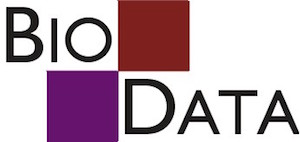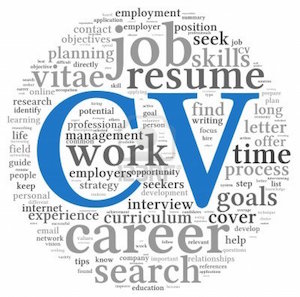We often interchange the words CV or Bio data. Many people are there who things these two terms to be the same and use it randomly while speaking. However, the scenario is not the same and people need to be aware about the commonly made mistake. This can hamper the chance of getting selected and can disappoint one.
Recommended:
Top Resume Tips
How to write a Resume
So, take a look at this article before you go for your next interview to avoid making the same mistake.
CV vs Biodata
Outline
The two words Curriculum Vitae and biodata has two different meanings. CV stands for course of life and bio data generally means biographical data. Many people are there who are confused about where to use the word Biodata or CV. In order to get the meanings of the two words clearly it is important to know the two terms in detail.
Biodata
 The word biodata stands for biographical data. However, this word is now considered as an obsolete word which means both CV as well as resume. The very term biographical data means that the emphasis has to be given on the personal details like religion, D.O.B, marital status, residence, nationality, race, sex and similar informations. Along with all such details the educational details as well as experience should also be mentioned in a biodata in a chronological manner.
The word biodata stands for biographical data. However, this word is now considered as an obsolete word which means both CV as well as resume. The very term biographical data means that the emphasis has to be given on the personal details like religion, D.O.B, marital status, residence, nationality, race, sex and similar informations. Along with all such details the educational details as well as experience should also be mentioned in a biodata in a chronological manner.
Moreover one thing should be kept in mind that the term biodata is used in India only mostly for the purpose of research works or government job interviews. These are the two fields where one needs to furnish explanatory details. There is a specific format that should be followed while framing a biodata. These formats depend on the type of the job and the position the candidate is applying for. It is also very important to tell the truth in the biodata instead of exaggerating any detail.
Use of a biodata
Biodata is used by the recruiters in order to hire a potential employee and this also saves their money at the end of the day. Another advantage of using biodata by the recruiters is that they will come to know who the most suited employees are. Having the employees who can get along well with the surroundings of the company is no doubt beneficial for the company.
Curriculum vitae or CV
 The word Curriculum vitae or CV has originated from a Latin word which means “Course of life.” This means if a hiring agency or a recruiter asks for your CV then you must mention your professional life as well as educational details. The most important part of a CV is a career summary, but it should not be more than four lines. It should be placed at the beginning of the CV. A short one line description of career details is eye catching and the use of generic statements tends to make it badly written. The core strengths should also analyzed in the form of a gist. If you a fresher then you must need to look at available resume for freshers online and that will help you to differentiate between two.
The word Curriculum vitae or CV has originated from a Latin word which means “Course of life.” This means if a hiring agency or a recruiter asks for your CV then you must mention your professional life as well as educational details. The most important part of a CV is a career summary, but it should not be more than four lines. It should be placed at the beginning of the CV. A short one line description of career details is eye catching and the use of generic statements tends to make it badly written. The core strengths should also analyzed in the form of a gist. If you a fresher then you must need to look at available resume for freshers online and that will help you to differentiate between two.
Aim of a CV
The CV you furnish to the recruiter must display your overall talents rather that expressing your skills for a definite job position. It must focus on academic and educational details, technical skills, strength and weaknesses, awards, academic honors etc. There is no particular pattern in which a CV is to be written.
CV writing tips
- A CV can be 2 to 3 pages long or sometimes even more than that according to the details.
- A CV must go along with a cover letter.
- The list of all job degrees, skills, professional affiliations and other things that the candidate has obtained must be written in a chronological manner.
- CV is the best available option for a fresh graduate or for people who are looking for a job change or for those who are applying in any academic position.
- The candidate must avoid the use of buzz words as this makes the candidate as vague as other candidates. Some of the commonly used terms that must be avoided while writing a CV are extensive experience, innovative, proven track record, team player, fast paced, problem solver, motivated, result oriented, dynamic, and entrepreneurial.
So it can be seen that both the terms are different from one another and has different functions. The misuse of the terms can lead to enough confusion and in the long run you will approach the interview with a wrong document. To avoid such great mistakes it is very important to know where to use the word Biodata or CV.
Author bio
The author has made a close study on the common mistakes done while differentiating between the above explained terms and has presented his views to rectify it.
